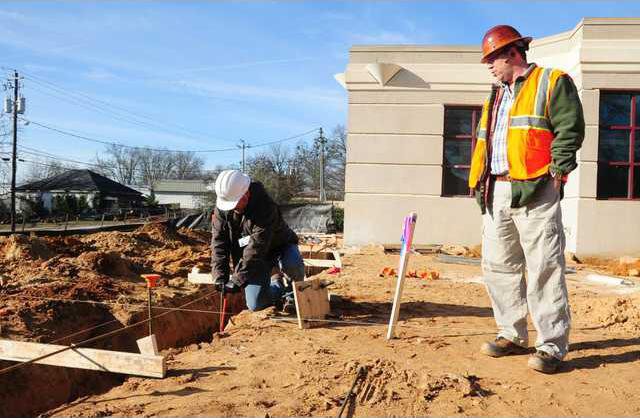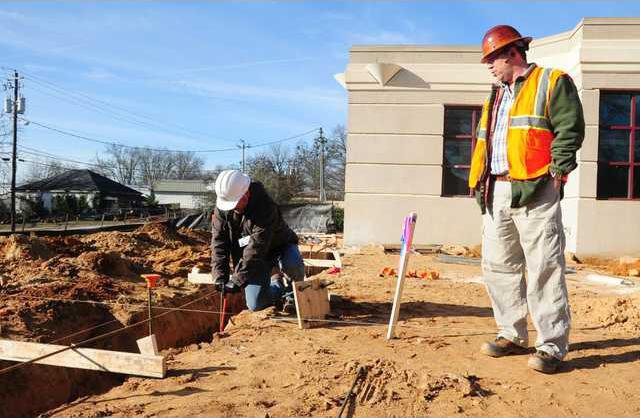Gainesville City Council is expected to soon decide whether to increase some fees that developers pay to build in the city.
The Building Inspections Division is drafting proposed fee hikes in an effort to make those fees pay for the cost of operation.
Since 2009, the budget for the division has exceeded fee collections by at least $100,000 each year, according to city documents. That means Gainesville taxpayers are making up the difference through the city's general fund, Mayor Danny Dunagan said.
Dunagan said the city's inspections division should instead "stand alone" by funding itself through user fees.
However, City Council member George Wangemann said now is a bad time to be raising fees for doing business.
"I have a lot of reservations," Wangemann said. "We're still in a recession and may be for some time to come."
Fee hikes could discourage economic growth at a time when the city should be encouraging it, Wangemann said.
Last month, Hall County commissioners approved measures that doubled building review and inspection fees and increased fees on planning and zoning in an effort to reduce budget costs.
County officials said the increases would bring the county's fees closer in line with surrounding counties and help cover the costs of performing inspections.
In a presentation to City Council last month, Rusty Ligon, Gainesville's community development director, compared the city to some other local governments in Georgia to show that the city is competitive in its fee schedule and any new fees would aim to keep that competitiveness.
However, Wangemann said the city shouldn't raise its fees just to match surrounding districts. At the same time, he said, if the department is having a difficult time covering its costs, the city has to at least consider how to make the permits process more budget neutral.
Georgia code allows local governments to charge fees for inspections that protect "public health, safety or welfare." However, the code says local government can't use the fees as a way to raise revenue for general purposes. In other words, fees can't be designed to outpace the cost of the inspections in order to fund other parts of the government.
Dunagan said he still needs to look at proposals before any hikes gain his support, but he'd like to see "what it would take to raise the fees so that the department could stand on its own."
At this point, the mayor said, the city has reduced the budget for the division as far as it will go.
In 2009, the building inspection budget was $475,000 with a fee collection of $159,000.
That was when there were six employees for the division. Since then, layoffs and attrition throughout city government have brought that number down to four.
In 2011, the budget was down to $292,000 with roughly $159,000 in fees collected.
"We are cut to the bare bones," Dunagan said.
There are no hard numbers for the proposal yet. But Ligon said staff could specifically look at implementing fees for temporary certificates of occupancy and completion, charges for reinspections and an increase of plan review fees, which haven't been updated since 1993.
Currently, plan review fees are $50 to $100 depending on the size of the structure. But Plan Review Manager Joe Davidson said some projects require roughly two weeks' worth of work, with day-to-day interruptions built in.
Most municipalities tie plan review fees to a percentage of the permit fee, Ligon said, rather than assigning a fixed rate.
City Council could have a proposal to consider in about a month.

